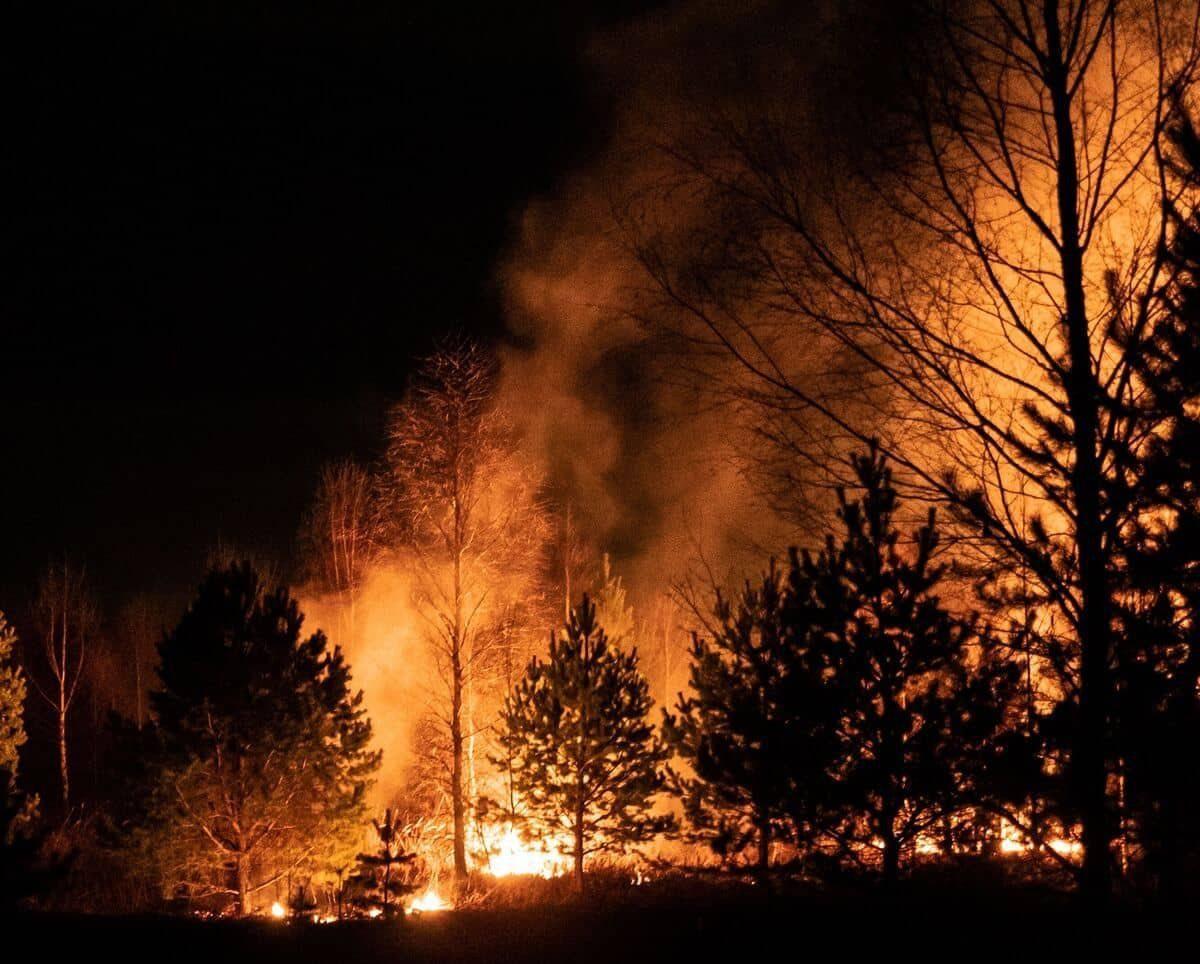Across several states in the U.S. and Canada, residents are beginning to notice a difference in what they breathe. There seems to be a new flavor of oxygen in town. This new air smells like burning plastic.
Scientists and health experts have confirmed that our air has been contaminated. But by what? It’s time to figure it out and learn how to stay safer during this period.
It’s Called VOC

Have you ever heard of Volatile Organic Compounds or VOCs? That’s the scientific name for a variety of harmful chemicals. These include benzene, methylene chloride, toluene, formaldehyde, and xylene.
These chemicals emit from many products we use every day, such as cosmetics, wax, cleaning agents, and paint—even petroleum products such as gas for our vehicles. In small quantities, they aren’t a big deal. But now, their presence in the atmosphere has climbed to emergency levels.
What’s Adding More VOC to the Air?

The answer is wildfires. Not that their occurrences are anything new, but there have been more wildfire cases in recent years than we used to have. Most affected are the wildfire-prone midwestern and eastern regions of the United States and Canada.
Kang Sun, an environment expert and assistant professor at the University at Buffalo, has disclosed the link between wildfires and VOCs. When branches, trees, and leaves burn, they release VOCs into the air.
How Harmful are VOCs?

Benzene and formaldehyde are the most guilty of the VOCs from wildfires. These chemicals can cause adverse short and long-term effects on human health.
The short-term effects include irritation of the eyes, nose, and throat, nausea, loss of combination, and headaches. Long-term effects include malfunctioning of the liver, kidney, and nervous system. These VOCs also increase our risk of cancer. The good news is we can shield ourselves from the effects of these harmful chemicals.
How Do You Protect Yourself From VOC Harm?

The rise in the number of wildfires across the United States and Canada, as is known, is a consequence of global warming. While the world joins hands to reduce our planet’s overheating, we have individual roles to play.
If you live in an area that experiences wildfires, you can start by increasing your use of clean energy in your home and vehicles. You can also cut down on your use of disposable plastics. Lastly, ensure that you spread the word around your neighborhood.


